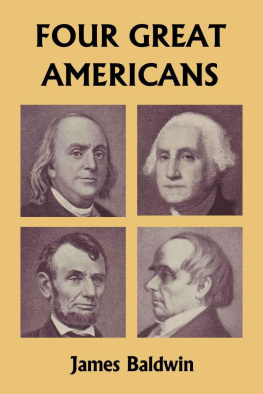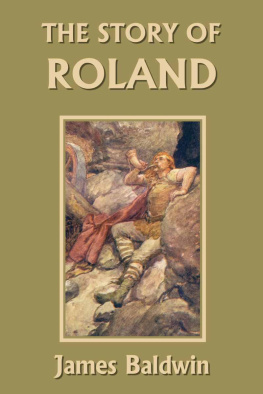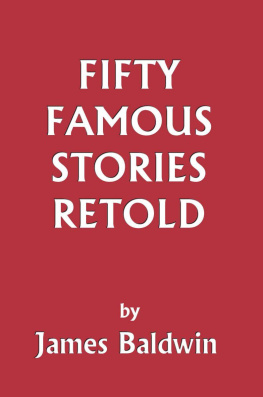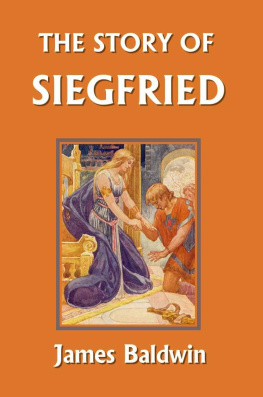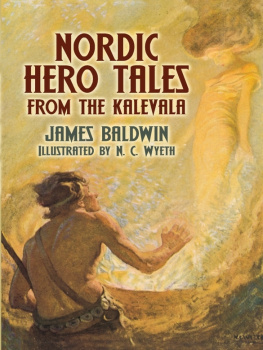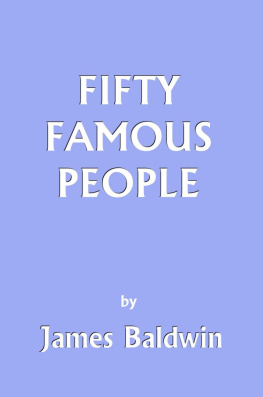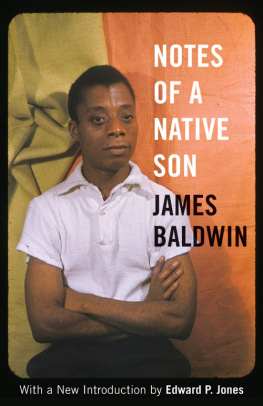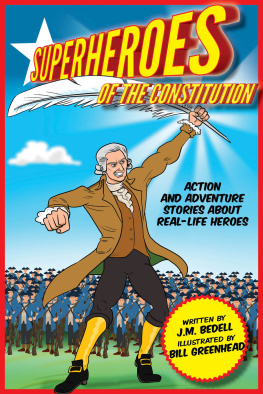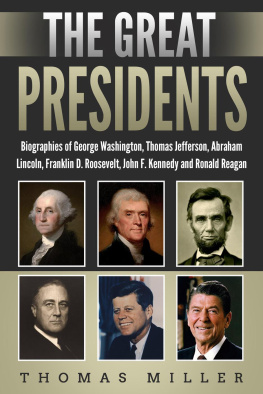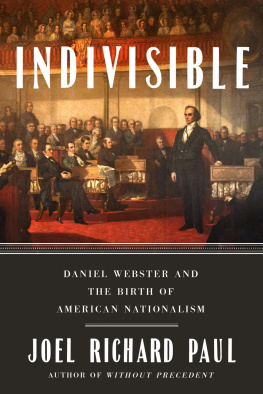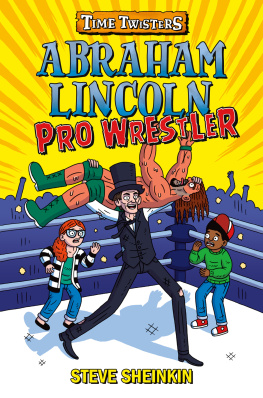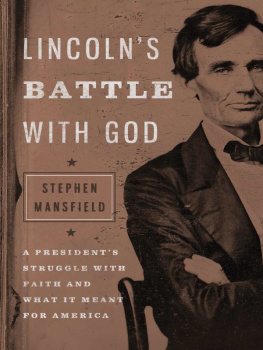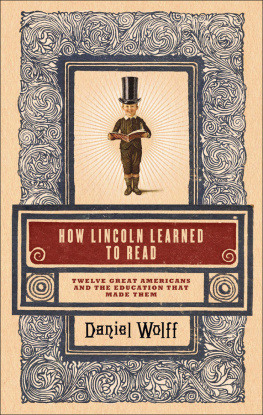Four Great Americans
by
James Baldwin
Yesterday's Classics
Chapel Hill, North Carolina
Cover and Arrangement 2010 Yesterday's Classics, LLC
All rights reserved. No part of this book may be reproduced or retransmitted in any form or by any means without the written permission of the publisher.
This edition, first published in 2010 by Yesterday's Classics, an imprint of Yesterday's Classics, LLC, is an unabridged republication of the work originally published by Werner School Book Company in 1896. This title is available in a print edition (ISBN 978-1-59915-219-6).
Yesterday's Classics, LLC
PO Box 3418
Chapel Hill, NC 27515
Yesterday's Classics
Yesterday's Classics republishes classic books for children from the golden age of children's literature, the era from 1880 to 1920. Many of our titles are offered in high-quality paperback editions, with text cast in modern easy-to-read type for today's readers. The illustrations from the original volumes are included except in those few cases where the quality of the original images is too low to make their reproduction feasible. Unless specified otherwise, color illustrations in the original volumes are rendered in black and white in our print editions.
Contents
The Story of George Washington
I.When Washington was a Boy
W HEN George Washington was a boy there was no United States. The land was here, just as it is now, stretching from the Atlantic Ocean to the Pacific; but nearly all of it was wild and unknown.
Between the Atlantic Ocean and the Allegheny Mountains there were thirteen colonies, or great settlements. The most of the people who lived in these colonies were English people, or the children of English people; and so the King of England made their laws and appointed their governors.
The newest of the colonies was Georgia, which was settled the year after George Washington was born.
The oldest colony was Virginia, which had been settled one hundred and twenty-five years. It was also the richest colony, and more people were living in it than in any other.
There were only two or three towns in Virginia at that time, and they were quite small.
Most of the people lived on farms or on big plantations, where they raised whatever they needed to eat. They also raised tobacco, which they sent to England to be sold.
The farms, or plantations, were often far apart, with stretches of thick woods between them. Nearly every one was close to a river, or some other large body of water; for there are many rivers in Virginia.
There were no roads, such as we have nowadays, but only paths through the woods. When people wanted to travel from place to place, they had to go on foot, or on horseback, or in small boats.
A few of the rich men who lived on the big plantations had coaches; and now and then they would drive out in grand style behind four or six horses, with a fine array of servants and outriders following them. But they could not drive far where there were no roads, and we can hardly understand how they got any pleasure out of it.
Nearly all the work on the plantations was done by slaves. Ships had been bringing negroes from Africa for more than a hundred years, and now nearly half the people in Virginia were blacks.
Very often, also, poor white men from England were sold as slaves for a few years in order to pay for their passage across the ocean. When their freedom was given to them they continued to work at whatever they could find to do; or they cleared small farms in the woods for themselves, or went farther to the west and became woodsmen and hunters.
There was but very little money in Virginia at that time, and, indeed, there was not much use for it. For what could be done with money where there were no shops worth speaking of, and no stores, and nothing to buy?
The common people raised flax and wool, and wove their own cloth; and they made their own tools and furniture. The rich people did the same; but for their better or finer goods they sent to England.
For you must know that in all this country there were no great mills for spinning and weaving as there are now; there were no factories of any kind; there were no foundries where iron could be melted and shaped into all kinds of useful and beautiful things.
When George Washington was a boy the world was not much like it is now.
II.His Homes
G EORGE W ASHINGTON'S father owned a large plantation on the western shore of the Potomac River. George's great-grandfather, John Washington, had settled upon it nearly eighty years before, and there the family had dwelt ever since.
This plantation was in Westmoreland county, not quite forty miles above the place where the Potomac flows into Chesapeake Bay. By looking at your map of Virginia, you will see that the river is very broad there.
On one side of the plantation, and flowing through it, there was a creek, called Bridge's Creek; and for this reason the place was known as the Bridge's Creek Plantation.
It was here, on the 22d of February, 1732, that George Washington was born.
Although his father was a rich man, the house in which he lived was neither very large nor very fineat least it would not be thought so now.
It was a square, wooden building, with four rooms on the ground floor and an attic above.
The eaves were low, and the roof was long and sloping. At each end of the house there was a huge chimney; and inside were big fireplaces, one for the kitchen and one for the "great room" where visitors were received.
But George did not live long in this house. When he was about three years old his father removed to another plantation which he owned, near Hunting Creek several miles farther up the river. This new plantation was at first known as the Washington Plantation, but it is now called Mount Vernon.
Four years after this the house of the Washingtons was burned down. But Mr. Washington had still other lands on the Rappahannock River. He had also an interest in some iron mines that were being opened there. And so to this place the family was now taken.
The house by the Rappahannock was very much like the one at Bridge's Creek. It stood on high ground, overlooking the river and some low meadows; and on the other side of the river was the village of Fredericksburg, which at that time was a very small village indeed.
George was now about seven years old.
III.His Schools and Schoolmasters
T HERE were no good schools in Virginia at that time. In fact, the people did not care much about learning.
There were few educated men besides the parsons, and even some of the parsons were very ignorant.
It was the custom of some of the richest families to send their eldest sons to England to the great schools there. But it is doubtful if these young men learned much about books.
They spent a winter or two in the gay society of London, and were taught the manners of gentlemenand that was about all.
George Washington's father, when a young man, had spent some time at Appleby School in England, and George's half-brothers, Lawrence and Augustine, who were several years older than he, had been sent to the same school.
But book-learning was not thought to be of much use. To know how to manage the business of a plantation, to be polite to one's equals, to be a leader in the affairs of the colonythis was thought to be the best education.

